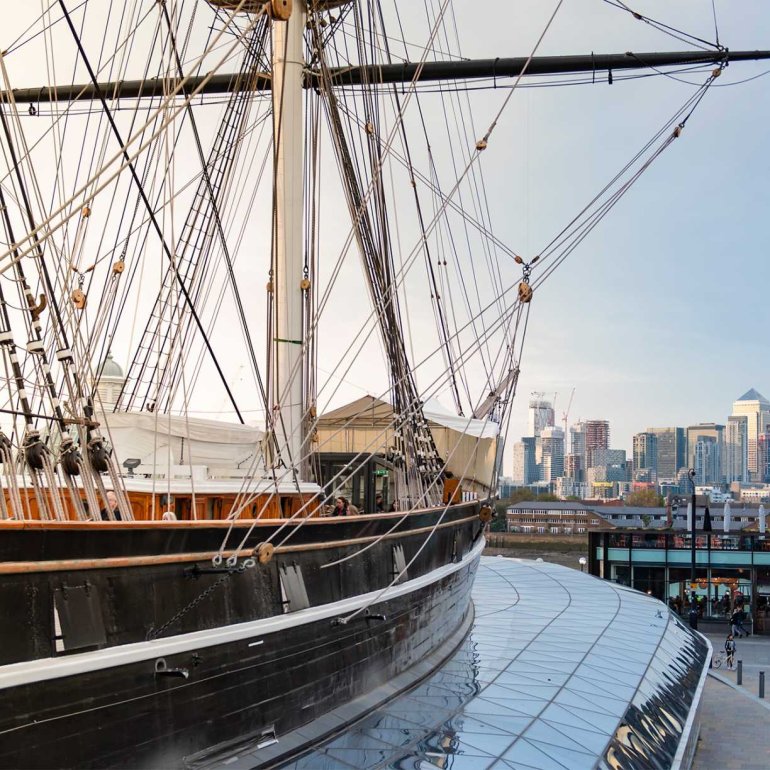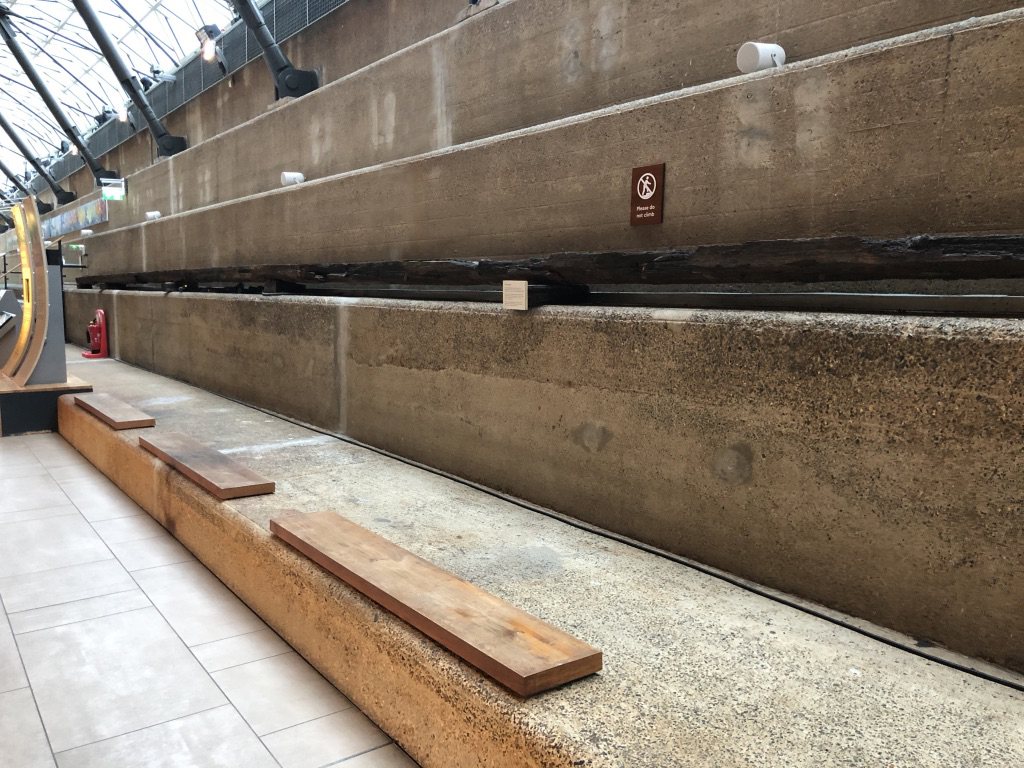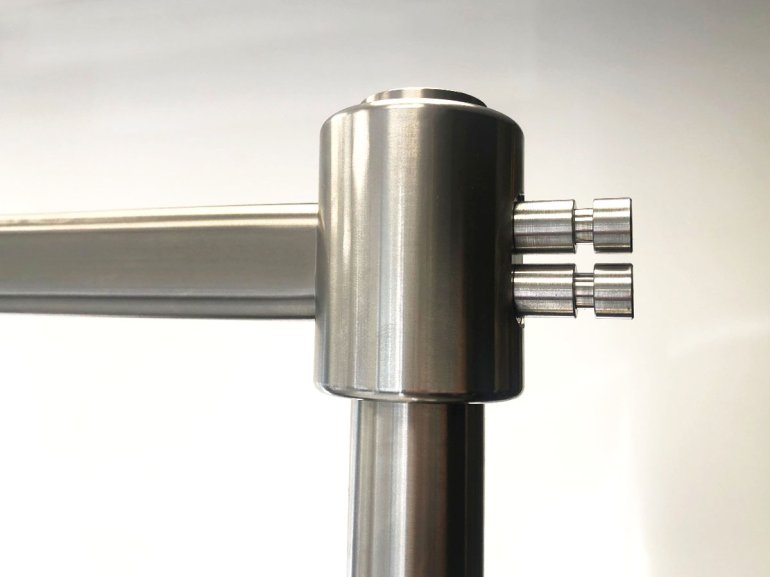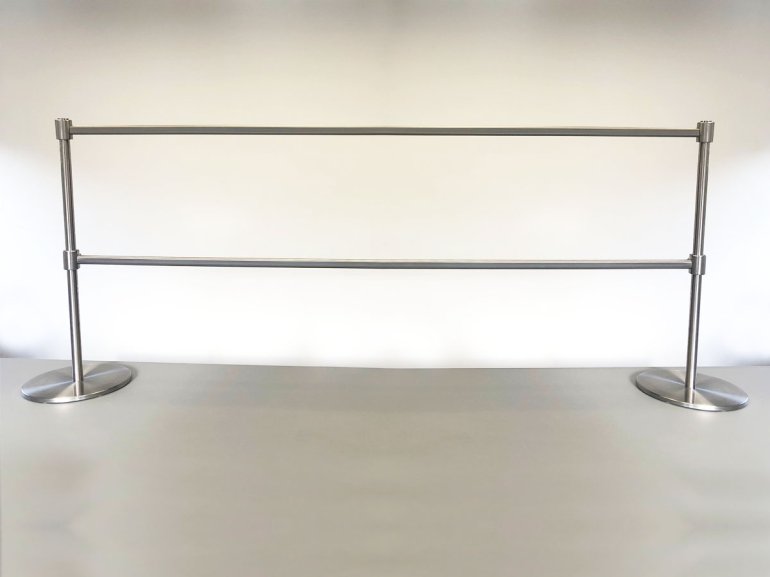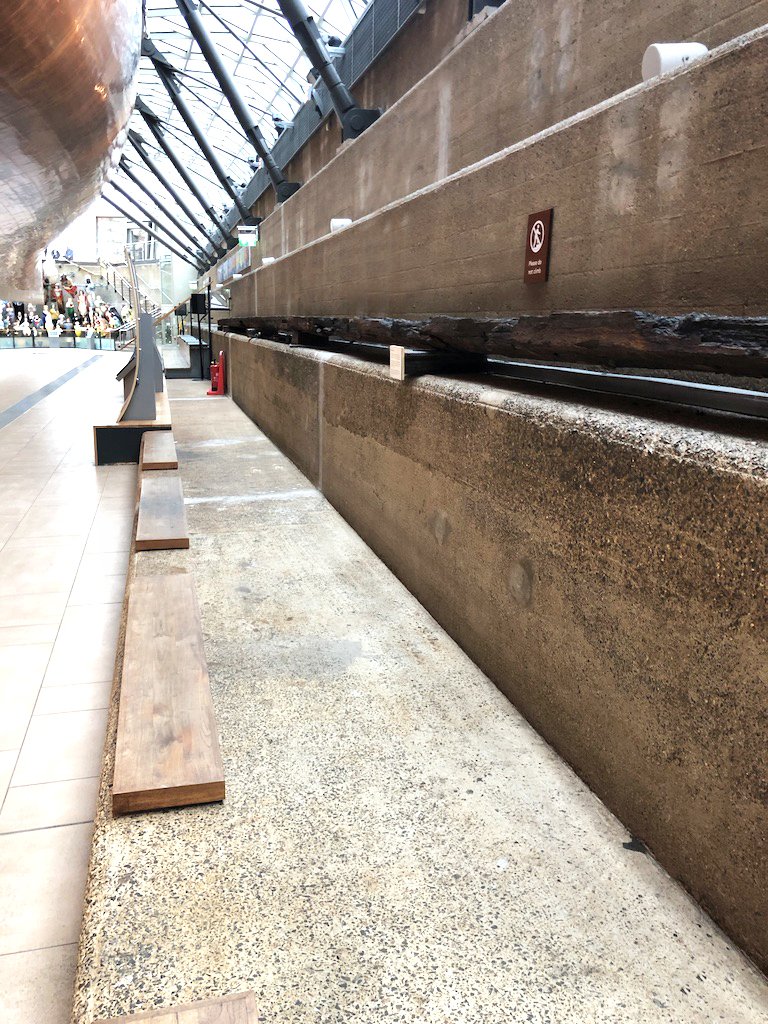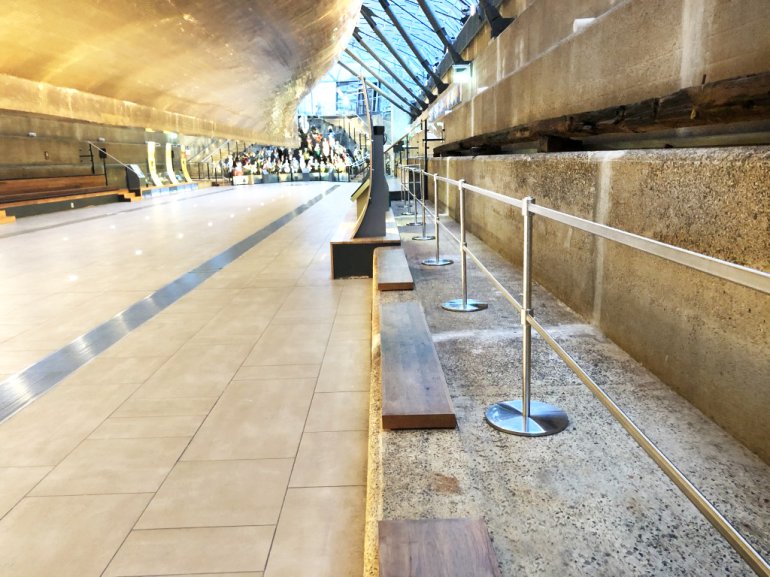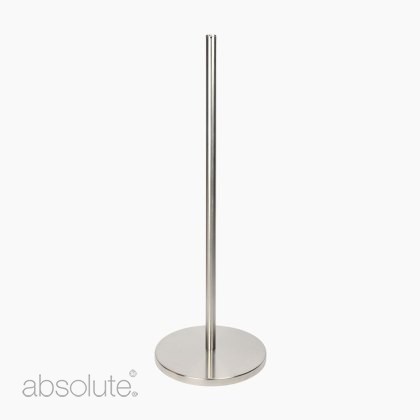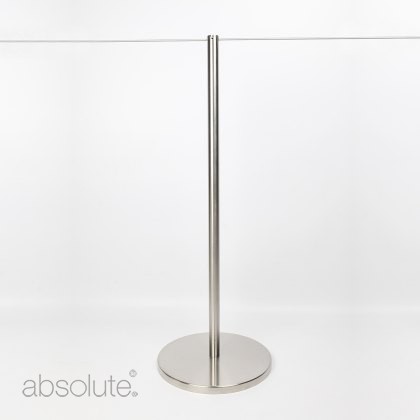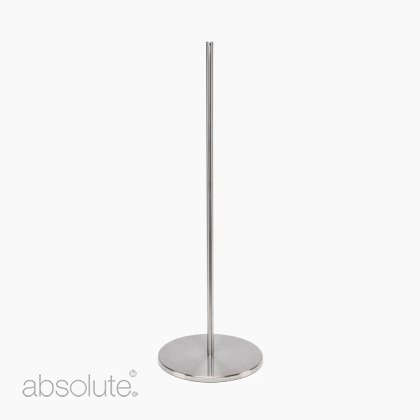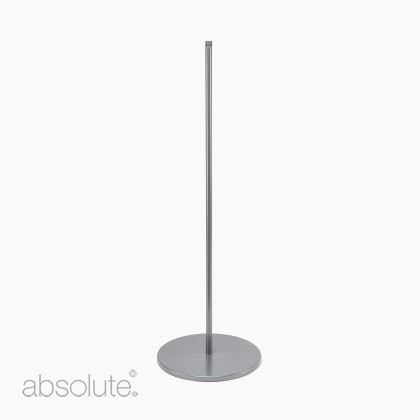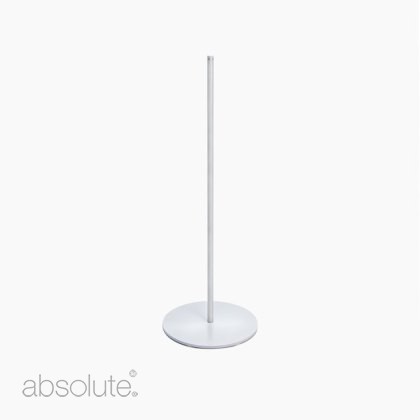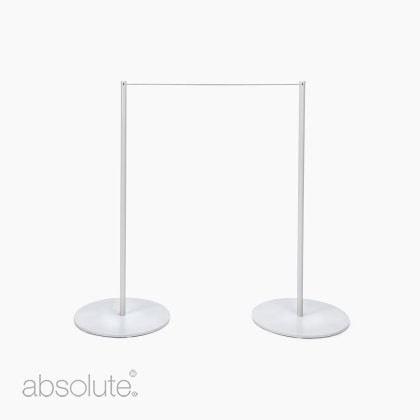Cutty Sark: Protecting the Rock Elm Plank
![The exterior of the Cutty Sark - a Royal Museums Greenwich collection. The exterior of the Cutty Sark - a Royal Museums Greenwich collection.]()
Custom solutions are a specialty of ours, we would be delighted to help you with a unique solution.
Get in touchHelping Preserve History
For all Museums, preservation and protection of their collections can be a challenge. The Royal Museums Greenwich invites the public to come onboard one of the key objects in their collection - The Cutty Sark, which presents its own set of challenges.
ABOUT CUTTY SARK
Cutty Sark first set sail in 1869 as a British merchant ship, built for the China tea trade and carried many different types of cargo in her fifty-two years as a working ship before going on to a second career as a training ship for a further twenty-two years.
Known for being one of the fastest ships of its day, Cutty Sark is famed as the pinnacle of clipper ship design. Having survived heavy seas, war, neglect, obsolescence and fire, Cutty Sark is now open to visitors at Maritime Greenwich, to explore and learn all about her fascinating history.
THE REQUEST
Within the dry dock, an original Rock Elm Plank from the ship (pictured below) is on display. This was the longest plank on the ship, fitted when the ship was built in 1869 and formed part of the garboard strake, the lowest run of planks attached to the keel.
The Rock Elm Plank no longer forms a structural part of the ship and during renovations supporting steels were used to replace the fragile planks. The plank remains on show to demonstrate the fragile condition of the structural elements of the ship prior to the conservation work and a reminder of the history of the ship. If you look closely, you can see evidence of the 2007 fire on the plank.
The 21m long plank required a custom stanchion to protect the plank yet ensure this piece of history could be kept on display for the visitors.![The Cutty Sark’s Rock Elm Plank, Royal Museums Greenwich, UK. The Cutty Sark’s Rock Elm Plank, Royal Museums Greenwich, UK.]()
CREATING A CUSTOM SOLUTION
The team at Royal Museums Greenwich (RMG) already use Absolute products and asked for our help in implementing a secure and robust solution to this challenge.
We visited the site with them and discussed a variety of options in achieving the best protection of this exhibit with the agreed solution making use of the modularity of our products. RMG already use the Q Barrier system and it was therefore straight forward to add a rigid rail component to transform this particular installation.Consulting the team at RMG, we created designs for the custom stanchion solution which we then put into production. One of the benefits of manufacturing our products ourselves is the flexibility to easily adapt to meet client requirements.
![Close-up of an Absolute stanchion, a custom-made solution for Royal Museums Greenwich. Close-up of an Absolute stanchion, a custom-made solution for Royal Museums Greenwich.]()
![The Absolute custom stanchion solution produced to protect the Cutty Sark’s Rock Elm Plank. The Absolute custom stanchion solution produced to protect the Cutty Sark’s Rock Elm Plank.]()
After final quality inspection, the stanchions and rails were packed and shipped to RMG. Two of our team then visited the Maritime Museum to install the stanchions, where they now stand proudly, protecting the Rock Elm Plank whilst having minimal impact on visitor experience.
We are very pleased to share some photos from our installation visit (below), showing our custom stanchion solution being installed.![The Cutty Sark’s Rock Elm Plank, prior to installation of custom-made protective barriers. The Cutty Sark’s Rock Elm Plank, prior to installation of custom-made protective barriers.]()
![Absolute custom-made stanchion solution protecting the Rock Elm Plank at the Cutty Sark. Absolute custom-made stanchion solution protecting the Rock Elm Plank at the Cutty Sark.]()
We fully understand the challenge that Museums and cultural institutions face when it comes to displaying exhibits effectively whilst also adequately protecting them. This enables us to offer experience-driven advice and adapt our products to suit each individual needs.
Our process for producing custom stanchion solutions
- Initial consultation
- Site visit (demonstration/consultation)
- Draft designs
- Design review
- Final designs
- Manufacturing
- Testing & quality control
- Shipping
- Installation (optional assistance)
- Review & on-going advice
To find out more about our services, please do not hesitate to get in touch with our team.
To find out more about Cutty Sark and Royal Museums Greenwich, please click here.
Q Barrier Freestanding$380.73 (ex VAT)Steadfast® Freestanding Barrier (1000mm)from $291.06 (ex VAT)Essentials Freestanding Barrier (900mm)$202.86 (ex VAT)-
Posted by Jade Turner
1st September 2020


